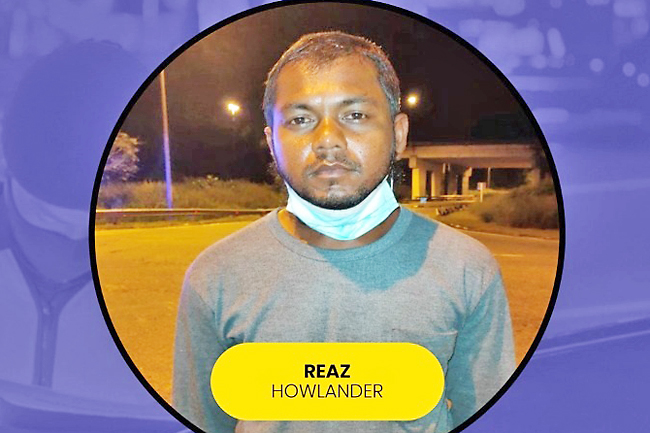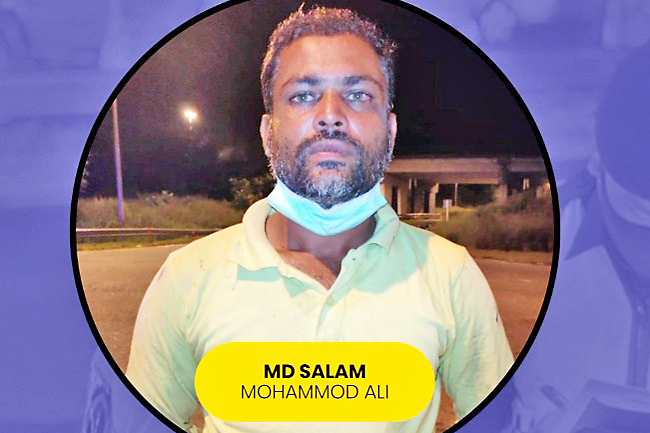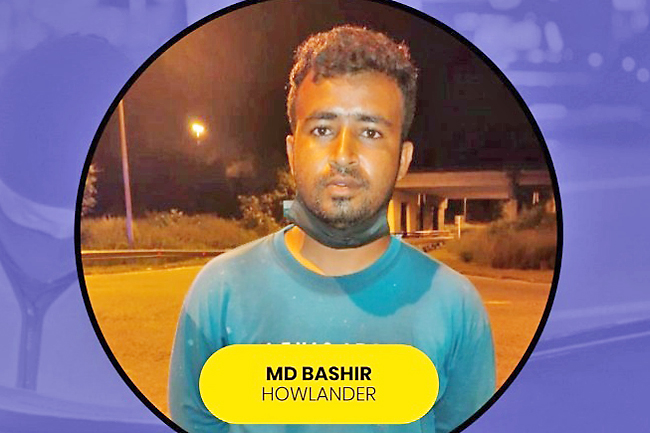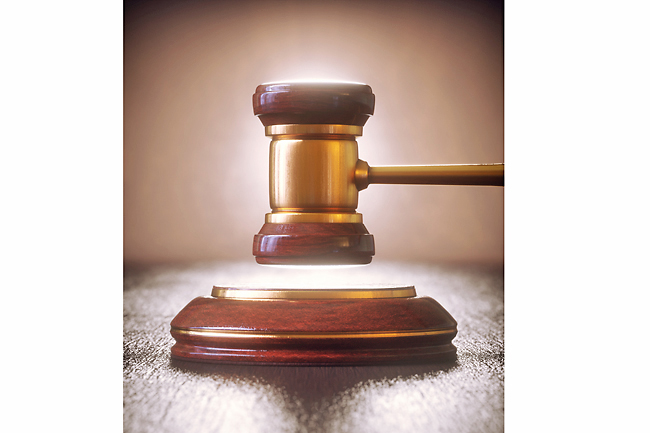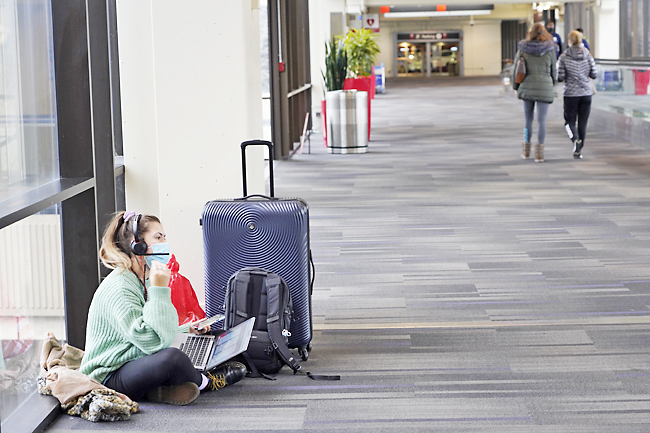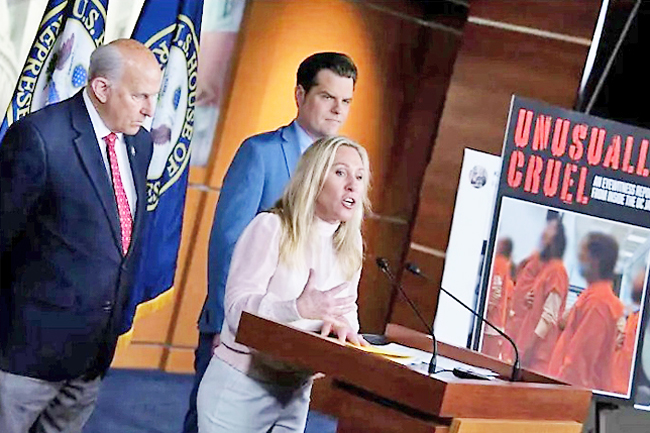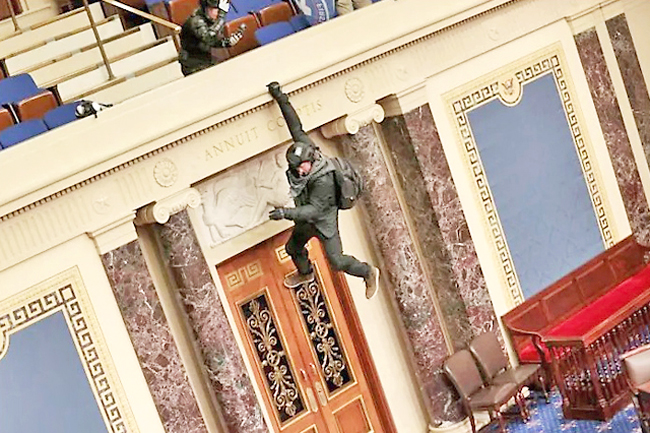Martin Sandbu
LONDON (CNA) – Two years into the pandemic, much of Europe is holding its breath, hoping Omicron is less virulent than earlier coronavirus variants so that even record infection numbers don’t reap the death and sickness rates of earlier waves.
In the US, too, Omicron is spreading like wildfire.
Leaders seem uncertain about which restrictions to impose, and are scrambling to put in place everything from sufficient testing capacity to support measures for renewed economic disruption.
We have evidently neither controlled the pandemic nor learned to optimise our policy responses, despite two years of experience. There is no excuse for this.
Omicron, like any particular mutation, came unannounced. But the arrival of mutations is a predictable – and predicted – outcome of infections continuing to spread, which the world has failed to prevent.
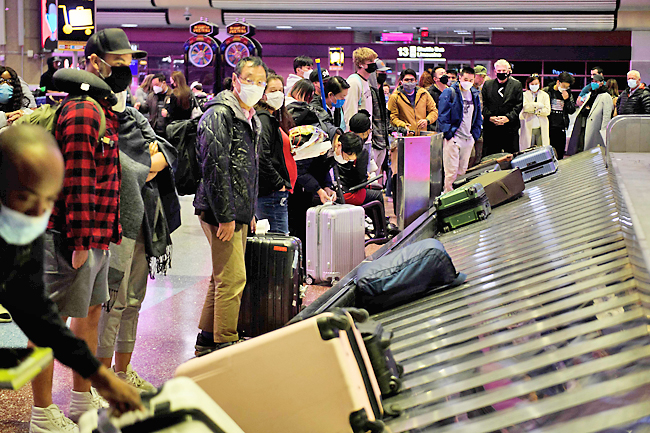
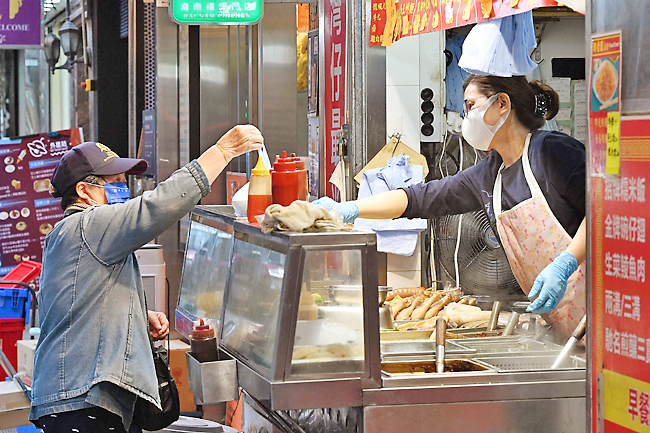
‘Zero-COVID’ has not worked, because it has not been tried in enough countries. The few governments with an uncompromising repression strategy have largely succeeded in keeping cases at an enviably minimal level.
They have suffered neither greater economic hardship nor, over time, more onerous deviations from normal behaviour, than countries permitting higher transmission rates.
Quite the contrary: Clamping down harder at the first signs of community contagion makes it possible to ease up sooner and enjoy normal economic activity for longer.
South Korea and New Zealand, for example, have over time had lighter restrictions in place than the UK and parts of the US, and even than Sweden for much of the pandemic.
The greatest cost of zero-COVID strategies – harsh limits on cross-border travel – are only necessary because partner countries have been more tolerant of contagion.
The lack of global commitment may indeed have made zero-COVID unsustainable, though that is hardly a justification for those who actively undermine it.
TOWARDS A WHOLE NEW ORDER OF PREPAREDNESS
The priority now is to handle the reality that COVID-19 is here to stay.
Given Omicron has caught leaders around the world unprepared, the consequences of a mutation that is both more contagious and more virulent hardly bears thinking about.
But the risk of another, potentially more lethal, variant is incontrovertible. Scientists have long told us to expect regular zoonotic contagion.
Failing to imagine what that means is no longer forgivable.
A whole new order of preparedness is therefore imperative. If waves of coronavirus variants, or new pathogens, are likely to hit us regularly, we need a system of emergency responses entrenched in law and practice.
Everyone needs to know these can be triggered at short notice. Our best case future is one where “normality” can be shifted to a crisis regime at the flick of a switch, when contagion intensifies.
Pre-planned emergency responses would specify three things. First, a set of behavioural rules, such as compulsory mask wearing, distancing, remote working and testing.
Second, a set of brakes on the activities most conducive to contagion – typically hospitality and live entertainment – possibly differentiated according to participants’
likely immunity.
Third, predictable economic support for the activities hit by such emergency measures, including furlough and subsidies. Our inspiration should be other types of pre-planned emergency responses: Fire and safety drills, military war games, police playbooks for anti-
terrorism operations.
A more sinister analogy is evacuation advice given historically to the public for bombing raids and nuclear attacks.
ADVANTAGES OF A PREDICTABLE EMERGENCY REGIME
The advantages of advance plans for pandemic outbreaks are threefold.
First, economic damage is minimised if businesses know exactly which restrictions and support schemes to expect should a pandemic emergency be triggered, and can organise their business model (and insurance) around such an eventuality.
Second, advance planning greatly facilitates government decision-making. A ready set of measures to be “switched on” in a crisis is vastly preferable to reinventing the wheel each time – and more likely to avoid the errors of hurried decision-making.
One may even hope that the existence of an emergency regime would focus minds on boosting equipment stores and test, trace and vaccination capacity ahead of time rather than after the fact.
Third, the previous two advantages would reduce the political cost of acting early. Procrastination has been one of our deadliest enemies. What the examples above show is that it takes more severe restrictions to bring a higher rate of contagion under control.
Put differently, we limit social interactions to bring the “R nought” below one – but R must be kept below one for longer if the case rate has been allowed to rise too high beforehand.
Misunderstanding this is the original sin of politicians who resist restrictions ostensibly for the sake of freedom or economic growth.
Both fare better with the occasional swift imposition of a predictable emergency regime for a few weeks than under our current policy mess.
In wars and pandemics, as former US Treasury Secretary Tim Geithner said of financial crises, “plan beats no plan”. Of course, details should be frequently updated with the latest knowledge, for example, of which restrictions best limit contagious interaction.
Planning for a permanent pandemic, rather than pretending it does not exist, is what learning to live with the virus really means.


